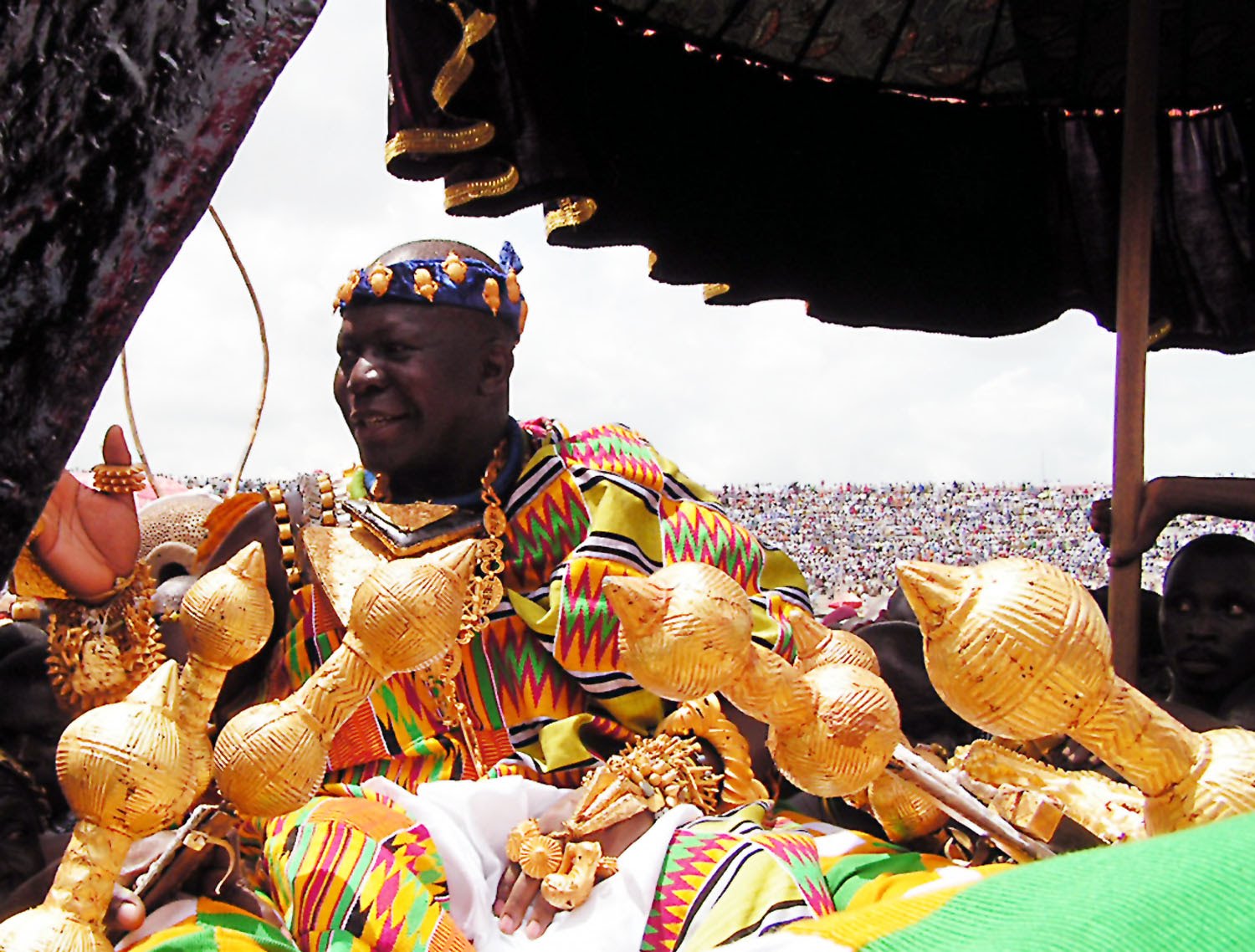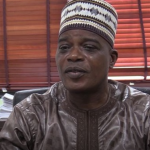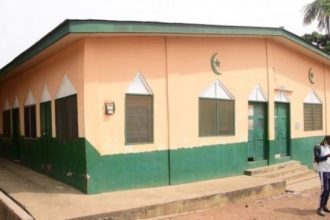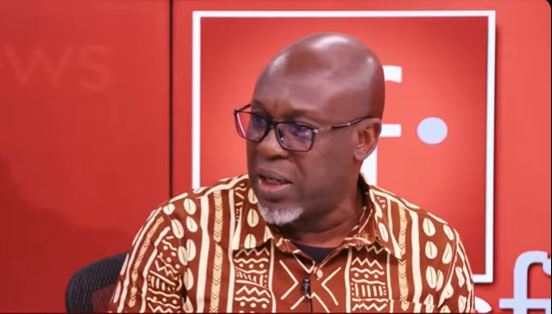The Ashanti Kingdom’s King, Otumfuo Osei Tutu II, demands the immediate return of the gold artefacts from the British Museum.
The British Empire conquered the Ashanti Kingdom in 1874 after multiple wars in present-day Ghana resulting in the looting of the palace of the then-Asantehene, Otumfuo Nana Kofi Karikari, and the homes of other royals.
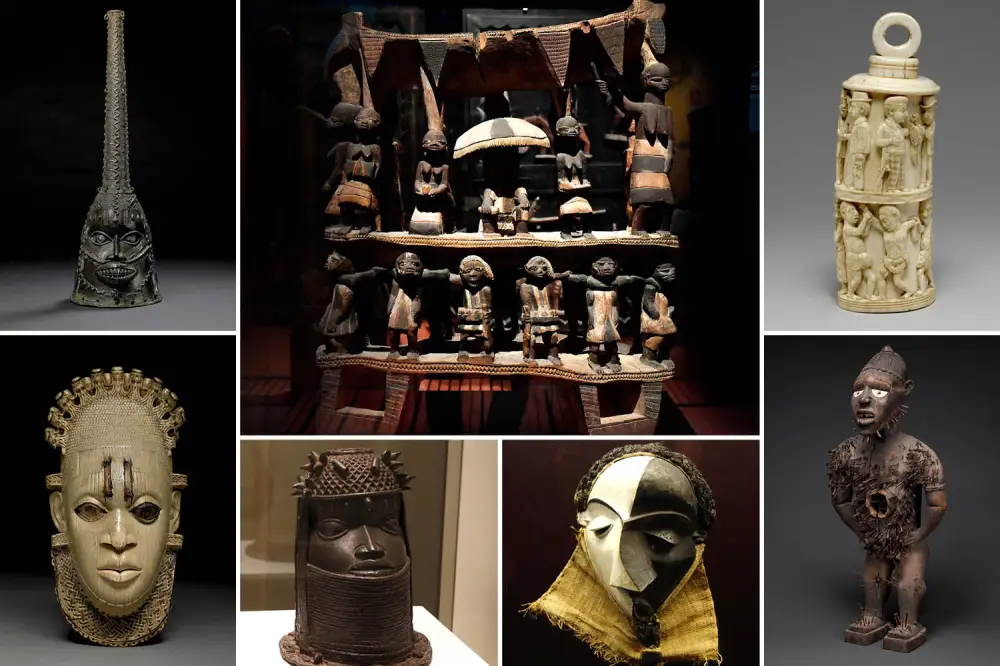
“The purpose of the war was to free some British captives for gold and for free trade at the coastal areas because the Asante people were making things difficult for the British at that time,” Osei-Bonsu Safo-Kantanka, a Ghanaian monarchical historian and teacher, told The Africa Report.
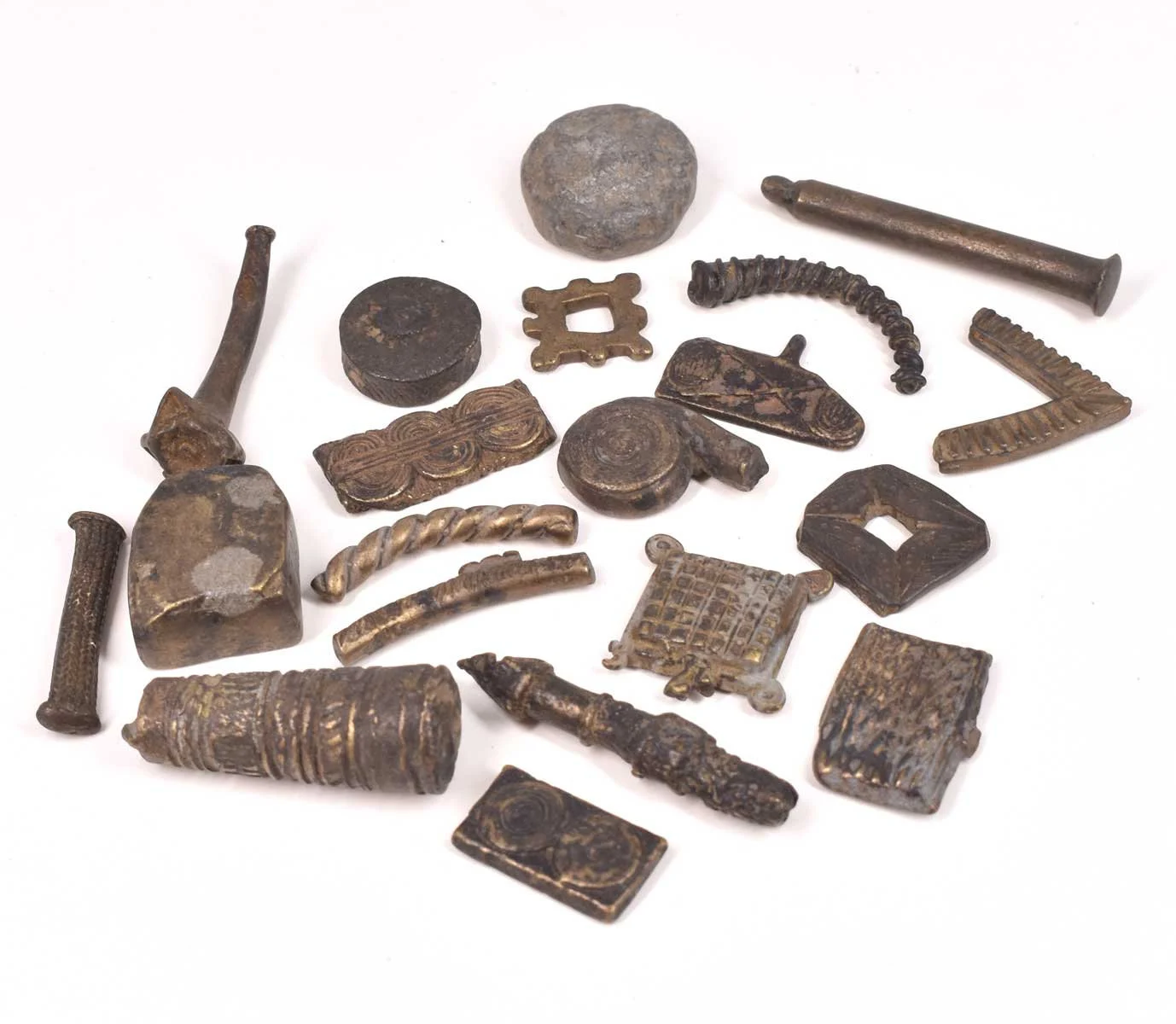
Many valuable items were stolen, including masks and busts made of pure gold, gold necklaces and bracelets, coral ornaments, swords, caps mounted in solid gold, knives set in gold and silver, bags of gold dust and nuggets, gold and silver sandals and stools, carved silver-mounted stools, silver and gold-worked calabashes, and several other priceless items.

Due to the political situation, individuals took advantage and looted items that are now on display at the British Museum.
Historians note that during the period of 1896 to 1900 when there was disorder in Kumasi, the capital of the present-day Ashanti Region, many of the Ashanti kingdom’s regalia and valuable items were stolen.

During that period, Sir Francis Scott led the British in removing Otumfuo Nana Prempeh of Asante from power in order to gain control of their gold reserves. Following his removal, Prempeh was exiled to the Seychelles, which led to the collapse of the political system of the people of Asante.
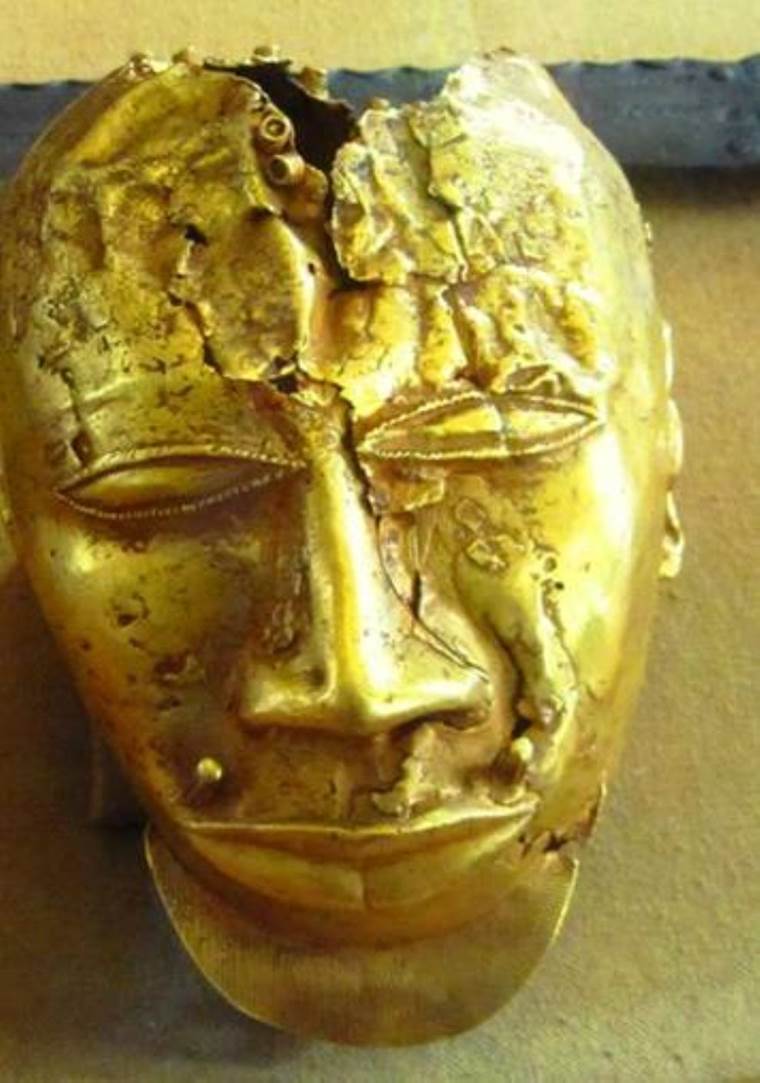
“It meant that security and systems had broken down, leaving the safety of these royal regalia and artworks in jeopardy,” Ivor Agyeman-Duah, the founder and director of Ghana-based Centre for Intellectual Renewal and technical advisor of the Ashanti king, tells The Africa Report.
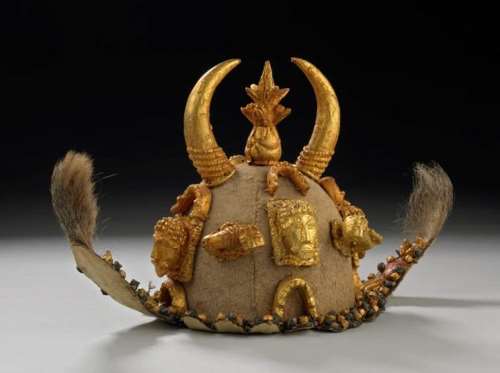
“Due to the political situation at that time, people took advantage and took the items. I have seen some of these items on display at the British Museum.”
The Asante king hopes to receive items from the museum to celebrate the 150th anniversary of the end of the third Anglo-Asante war and his Silver Jubilee in 2024.

The British Museum has stated that it is considering the possibility of lending regalia to the revered king, Otumfuo Osei Tutu II but certain conditions apply.
These conditions include paying insurance to a selected British insurance firm for the looted artefacts, transportation and courier costs, crating and packing materials, and photographing the condition of the pieces. This information was published on the museum’s website.
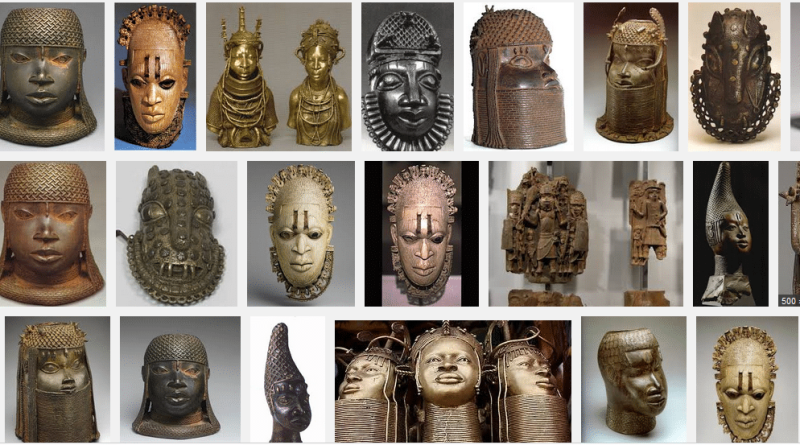
“That’s absolutely absurd,” Gifty Lawson of the Center for African History Preservation tells The Africa Report. “With such conditions, they are indirectly telling us that they own the objects, but that shouldn’t be the case.”
For his part, Safo-Kantanka argues that talks about the return of the items and possible compensation “will continue to drag on” because the British “feel it’s a war booty, so we can’t have them on a silver platter”.
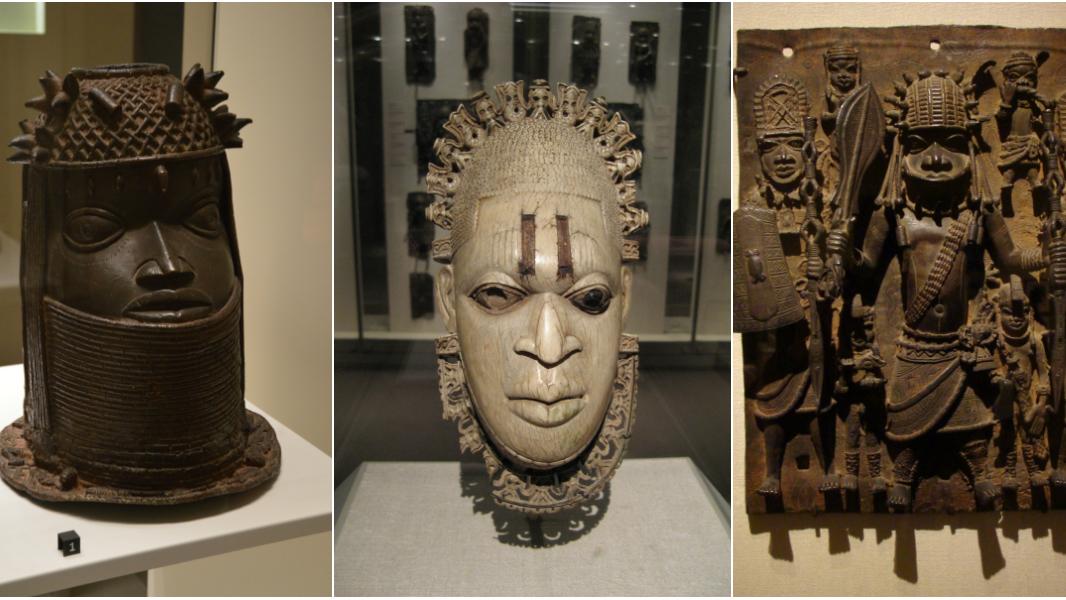
During the war, British troops took over 200 Asante gold objects and other items, which are now in the possession of the British Museum.
“The Asantehene has started well. We must all rally behind him in getting these objects returned to Ghana,” Vladimir Antwi-Danso, an international relations expert tells The Africa Report. “People pay and go to their museums to watch these things, and they pay money for it, and we are not getting anything.”
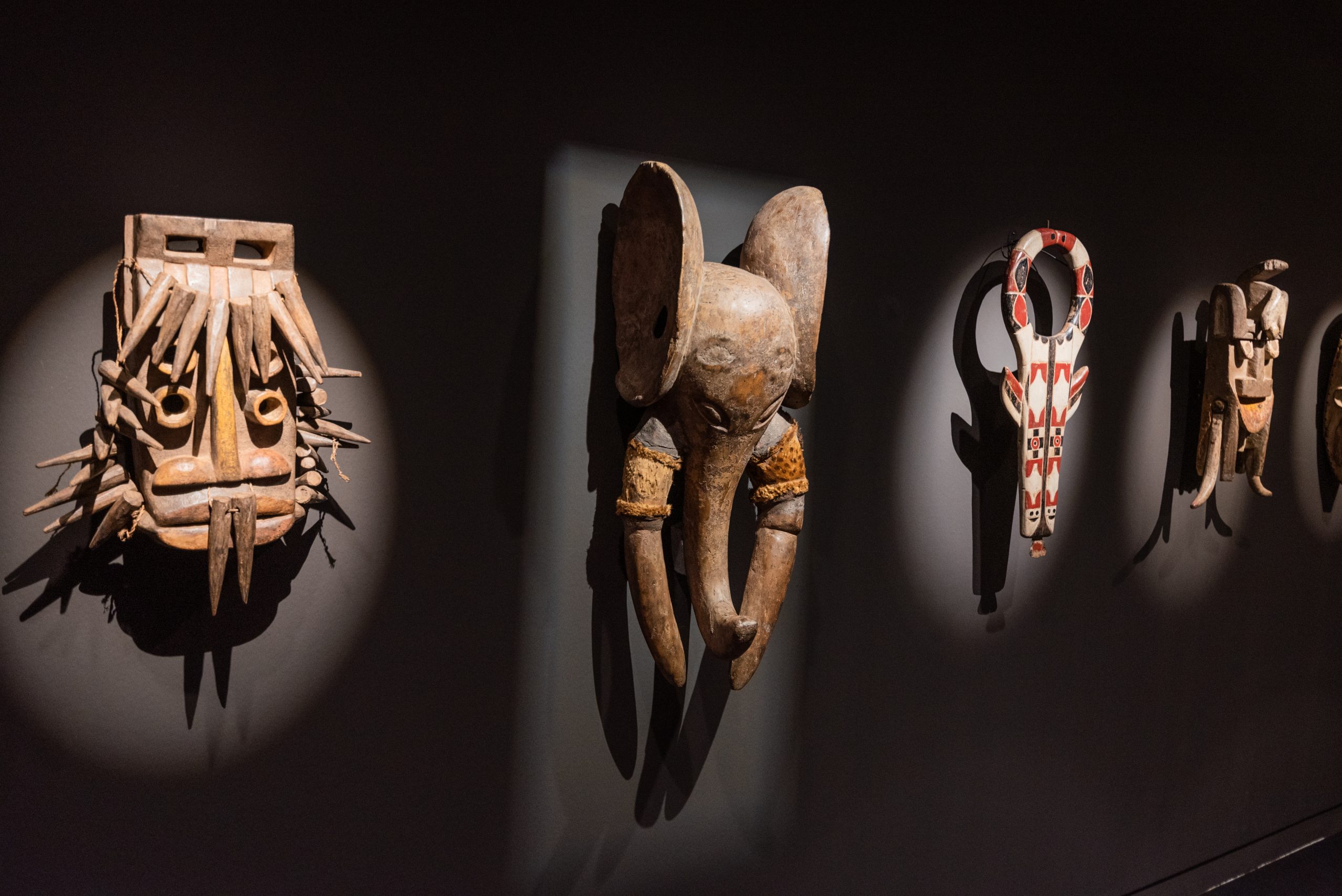
The museum also has thousands of valuable war spoils from other African countries. The originating countries have made requests for the return and restitution of their stolen cultural objects from state and private museums in Europe.
Ethiopia, for instance, wants the British Museum to return ceremonial crosses, weapons, jewellery, sacred altar tablets and other items taken from Maqdala in the north of the country during British military action in 1868.
Africa must ask for compensation for these artefacts that have generated a lot of funds for those who stole them from the continent.


